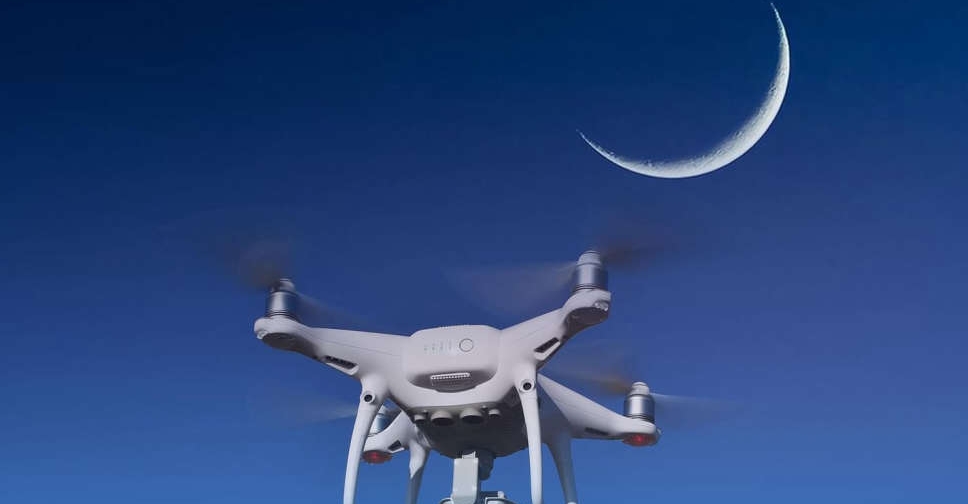The Integration of Advanced Technology in Islamic Tradition: UAE's Pioneering Use of AI-Powered Drones for Moon Sighting
In a remarkable blend of tradition and innovation, the United Arab Emirates (UAE) has taken a groundbreaking step by announcing plans to utilize artificial intelligence (AI)-powered drones for the crescent moon sighting of Shawwal. This initiative is overseen by the UAE Council for Fatwa and marks a significant evolution in the manner in which key Islamic events are observed within the country.
Earlier this year, the UAE made headlines as it became the first nation globally to deploy drones for the crescent moon sighting that signified the commencement of Ramadan. This pioneering spirit reflects the UAE’s commitment not only to embracing cutting-edge technology but also to enhancing the precision and reliability of religious observances.
To achieve this ambitious goal, the drones will be equipped with high-precision lenses, enabling them to ascend to heights exceeding 300 meters above ground. The altitude is crucial as it allows for a clearer view of the moon, which will be located based on meticulously executed astronomical calculations. The use of such advanced methodologies exemplifies the UAE’s determination to integrate science with faith.
The council has strategically chosen the historic Al-Hosn landmark as the venue for the moon sighting committee’s meeting. This decision is not merely ceremonial; it underscores the cultural and national significance of the site, connecting modern advancements with UAE’s rich heritage.
As part of this initiative, five state-of-the-art observatories have been established across the UAE. Each observatory is outfitted with the latest smart technologies designed to ensure an accurate and efficient sighting process. The observatories include the Al-Khatim Astronomical Observatory, Jabal Hafeet Observatory, Dubai Crescent Observatory, Sharjah Astronomical Observatory, and Ras Al Khaimah Observatory. These observatories collectively serve to optimize the observation of astronomical phenomena while alleviating challenges posed by potential visual obstructions and atmospheric conditions.
The technical infrastructure behind this project signifies a broader commitment to harnessing innovative technologies in the pursuit of enhancing Islamic observance. Advanced AI systems will be utilized not just to evaluate images, but to effectively process extensive data sets that determine both the birth and visibility of the crescent moon. By coupling these insights with traditional methods of moon sighting, the UAE is effectively bridging the gap between age-old practices and modern advancements.
This innovative approach also provides a solution to the common challenges faced during moon sighting, including the unpredictability of weather conditions and atmospheric clarity. By utilizing drones that can operate above typical ground-level impediments, the UAE aims to eliminate ambiguities associated with traditional moon sighting methods, offering a level of reliability previously unimagined.
In a broader context, this initiative speaks to the sophistication of the UAE’s vision for governance, where technological advancements are seamlessly woven into the fabric of cultural and religious practices. The significance extends beyond the realm of Islamic observance; it represents a strategy to position the UAE at the forefront of technological modernization in an era that increasingly values scientific validation.
As the UAE continues to innovate within cultural frameworks, it will likely inspire other nations to adopt similar approaches, marrying tradition with technology in ways that enhance their societal practices. This kind of forward-thinking underscores the UAE’s role as a regional leader in integrating science and faith, setting an example for collaborative advancements in various fields.
Moving forward, it will be fascinating to observe the implications of this initiative not only on religious practices within the UAE but also on how technology can shape the future of other long-standing traditions across the globe.
In summary, the UAE Council for Fatwa’s innovative use of AI-powered drones for moon sighting reflects a unique convergence of tradition, culture, and technology, showcasing the nation’s commitment to redefining how religious observances can embrace the potential of modern science.
Tags: #UAE #TechnologyNews #PeopleCultureNews

